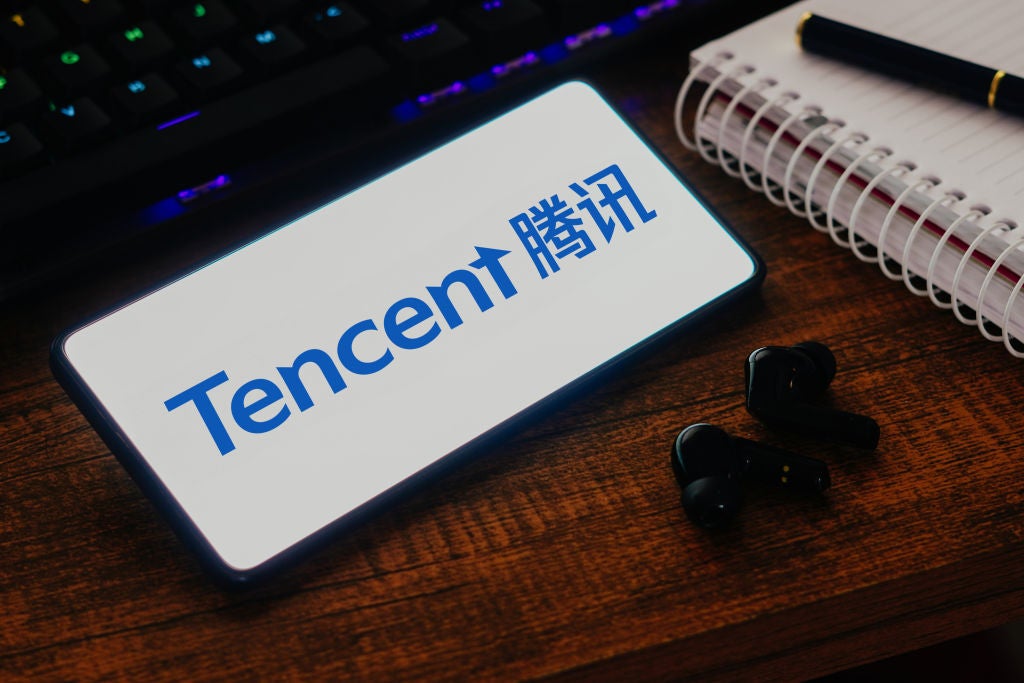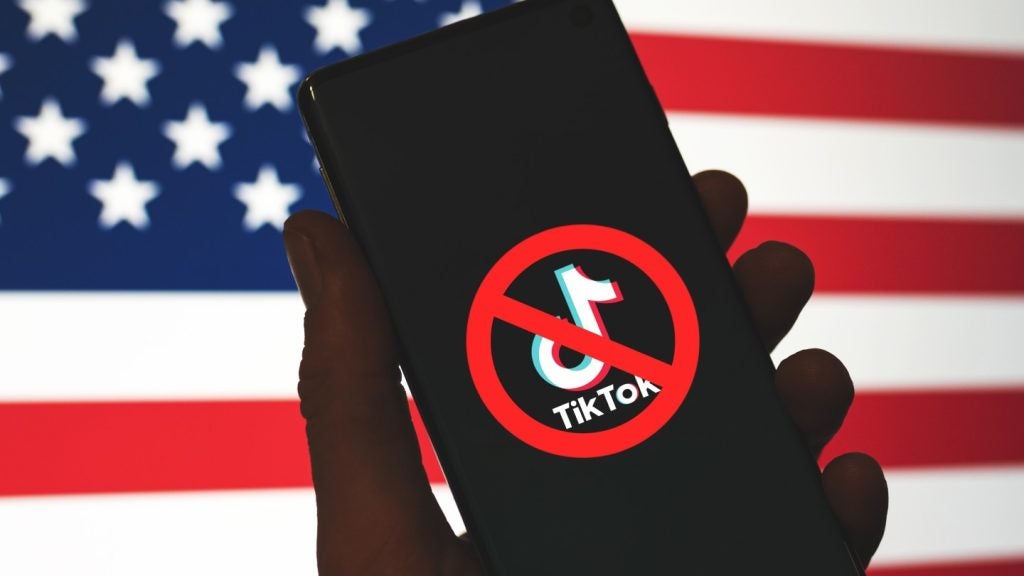
Chinese tech giant Tencent is closing one of its leading US video game studios in a reversal of what had been widely regarded as an expansion plan to compete with Western video game makers.
Reuters report the closing of Team Kaiju studio quoting a source familiar with the matter. Staff that made up the Team Kaiju studio are believed to have been moved to a development team in another Tencent studio in June, the publication reported.
Team Kaiju is known mostly for creating popular low-budget mobile games, such as PUBG Mobile.
Tencent recently announced its big-budget console title, the Last Sentinel, which has been touted as its most ambitious attempt to break into the Western market yet.
Alongside Tencent’s efforts overseas, the tech giant has been taking risks at home to battle its domestic competition.
On Friday, Tencent released its mobile party game “DreamStar” which it hopes will challenge “Eggy Party”, a similar popular offering from rival NetEase which reached 100 million monthly active users earlier this year.
How well do you really know your competitors?
Access the most comprehensive Company Profiles on the market, powered by GlobalData. Save hours of research. Gain competitive edge.

Thank you!
Your download email will arrive shortly
Not ready to buy yet? Download a free sample
We are confident about the unique quality of our Company Profiles. However, we want you to make the most beneficial decision for your business, so we offer a free sample that you can download by submitting the below form
By GlobalDataTencent has been promoting Dreamstar on ByteDance’s popular advertising platforms, despite a historic rivalry between the two firms.
Video game companies in China have been improving their offerings as domestic revenue in the industry reached $42bn for the first time, according to video gaming industry association CGIGC.
It follows China’s video game industry reporting a drop in revenue for the first time in 2022, resulting from China’s eight-month crackdown on gaming due to addiction concerns.
The gaming software market was worth $197bn in 2021 and will become a $470bn industry by 2030, according to research company GlobalData estimates.
The video games industry continues to evolve, driven by changing user demands, new monetisation and distribution channels, and technological progress, according to GlobalData’s Thematic Research: Video Games (2022) report.
Mobile gaming is bigger than the console and PC gaming markets combined, contributing nearly 57% of global video games revenue in 2021, according to the report.
Due to its popularity and lucrative revenue opportunities, companies like Tencent are seeing new competition from traditional console and PC game publishers like Activision Blizzard and Electronic Arts.






